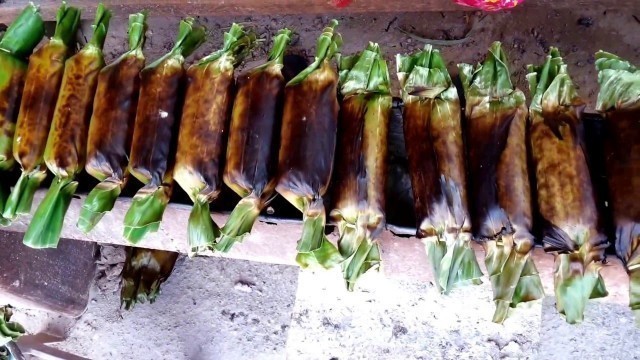

'Some Attractions In Cambodia Wat Phnom (Wat Phnom Daun Penh) Wat Phnom, the namesake and symbol of the capital city of Phnom Penh, sets prominently atop an artificial 27 meter hill (or \'Phnom\') in the northeastern section of the city. Legend has it that Daun Penh, a wealthy widow, retrieved a large koki tree trunk from the river. She had hoped to use it for a house, but inside a hollow of the trunk, she found four statues of the Buddha. She then ordered for a section of her property to be elevated for a small shrine to be erected to revere the statues. This became a sacred site and people started to settle around the hill; eventually, this became the city it now is. It is here that the city gets its name: ‘Phnom’ means hill in Khmer and ‘Penh’ is of course the name of the lady. Royal Palace The Royal Palace of Cambodia is a complex of buildings, even though it is generally understood to be the royal abode of the King of Cambodia. The compound was the citadel of King Ponhea Yat (1393-1463) and rebuilt to its present state in 1886, when King Norodom (1834-1904) relocated the royal capital from Oudong to Phnom Penh. The buildings with beautiful towering spires are a great example of classic Khmer architecture found in Cambodia today. Along with numerous other interesting buildings, within the 183,135 square meters (421m x 435m) compound is The Khemarin Palace, also known as Prasat Khemarin or the \"Palace of the Khmer King.\" This is officially the residence of His Majesty, King Norodom Sihamoni. Silver Pagoda The Silver Pagoda, also known as the Preah Vihear Preah Keo Morokat (the Emerald Pagoda) to Cambodians, lies within the grounds of the Royal Palace, which is situated near the banks of the Mighty Mekong. Originally a wooden structure, the palace was initially constructed in 1892 during the reign of King Norodom, but rebuilt to its present grandeur by King Norodom Sihanouk in 1962. The king spared no effort to make this a true embodiment of brilliant Khmer art. More than 5300 pcs of 1.125 kilo silver tiles are used to cover the floor of the Silver Pagoda, and the silver pieces collectively weigh over six tons. National Museum The National Museum of Cambodia in Phnom Penh is the country’s leading historical and archaeological museum. It was officially inaugurated by King Sisowat in 1920. Independence Monument (Vimean Ekareach) Independence Monument (Vimean Ekareach) built in 1958 as a memorial to Cambodia\'s war dead and to celebrate independence from foreign rule, the monument stands majestically on the intersection of Norodom Boulevard and Sihanouk Boulevard in the centre of the city. It is designed by the influential Cambodian modern architect Vann Molyvann in the form of a lotus-shaped stupa in the same style seen at the great Khmer temple at Angkor Wat and other Khmer historical sites. Phsar Thmey (Central Market) Phsar Thmey, also known as Central Market, is a unique colonial style building constructed in 1937. The location where the Central Market now sits was once a swamp area and occupied by a lake known as Beng Decho. Today, this beautiful market has become a prominent landmark in Phnom Penh. In the Khmer language, Phsar Thmey literally means ‘New Market’. More reading at: http://www.tourismcambodia.org/provincial_guide/index.php?view=attraction&prv=15'
Tags: eating , YouTube , Travel , culture , Tourism (Interest) , sim , Travel and food , Asian Food (Cuisine) , Street Food (Cuisine) , Khmer news video khmer news dap khmer news today , Asian street food street food
See also:
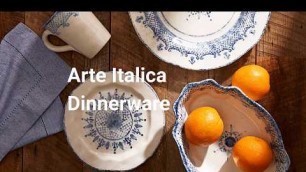
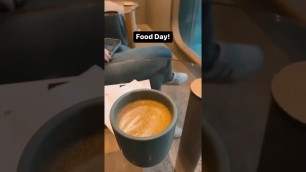




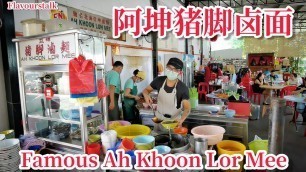
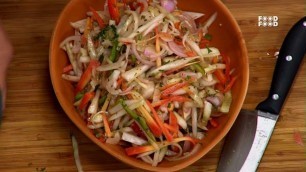


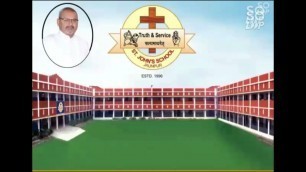
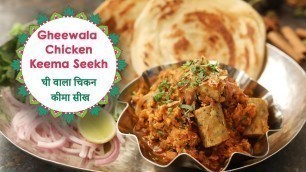

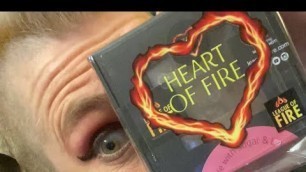
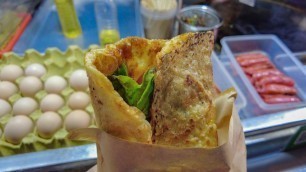

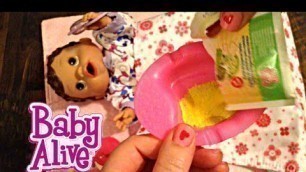
comments